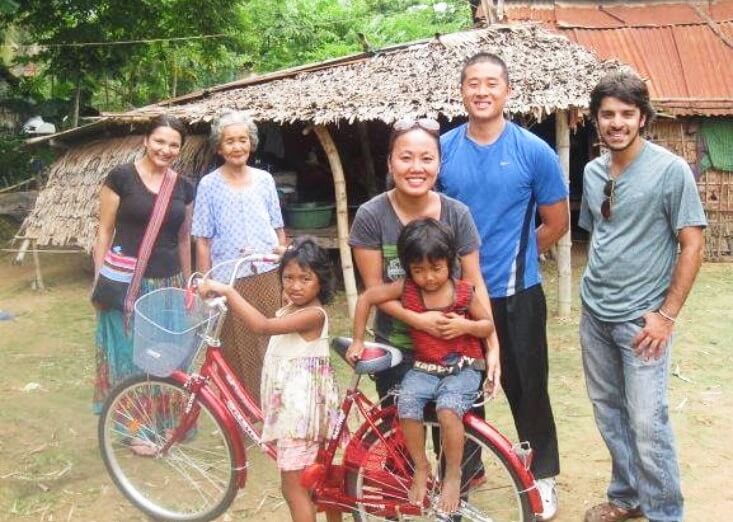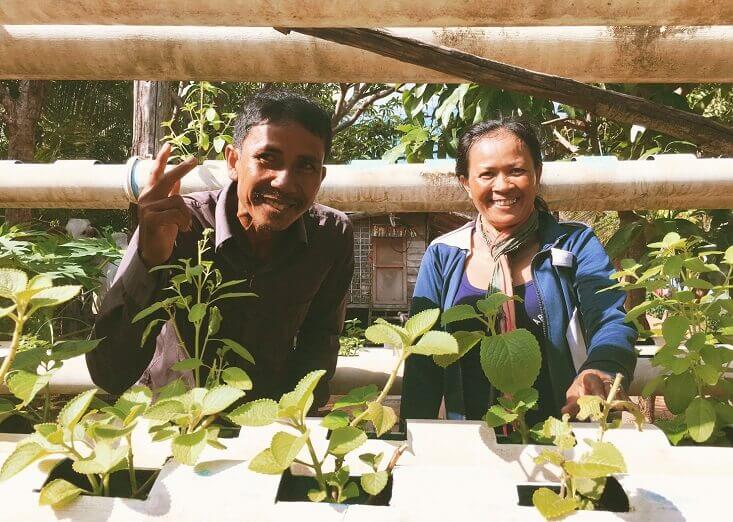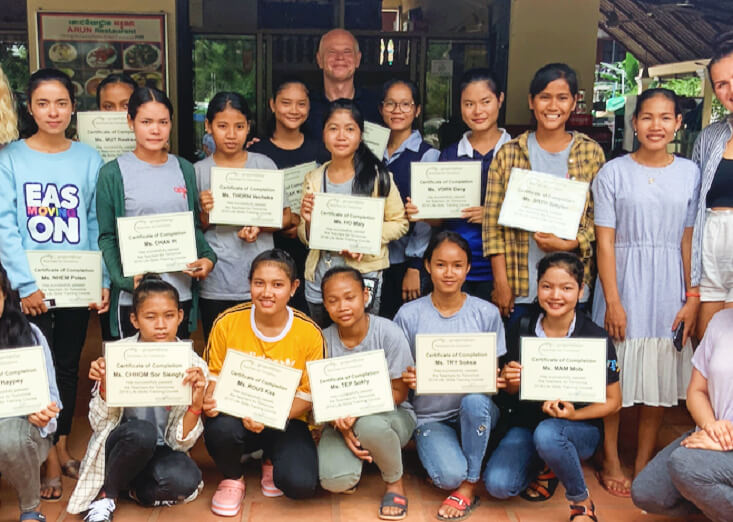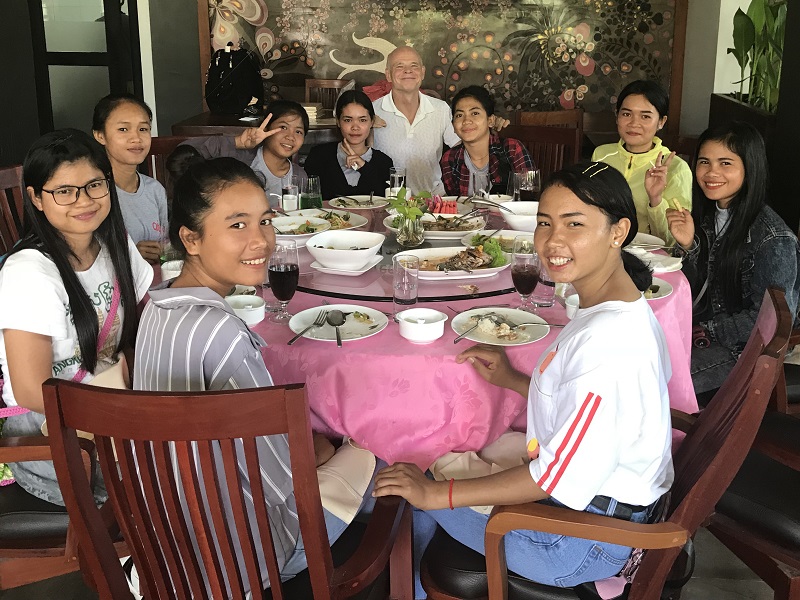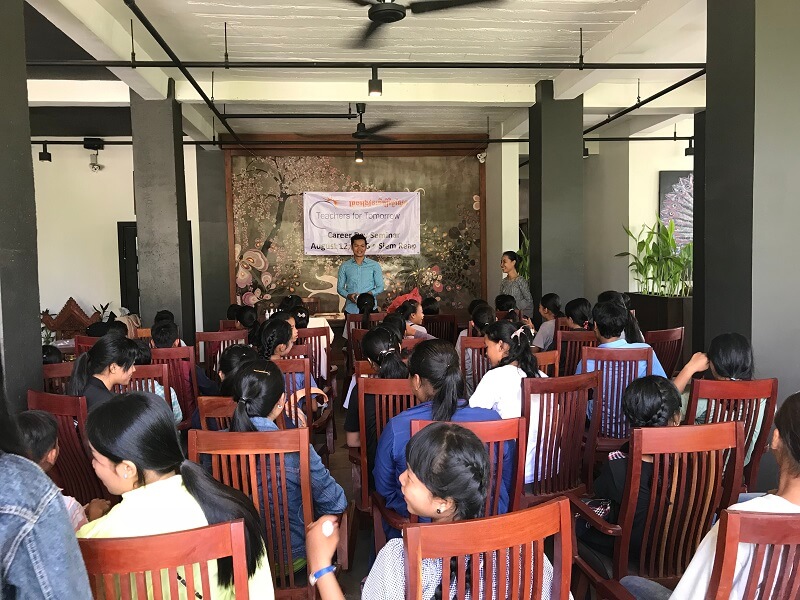Description:
These half-day exercises challenge small groups of volunteers or students as they work together toward determining the optimal way to build a vertical vegetable garden. A key element of these exercises is taking social responsibility for what the families receive, the impact the groups will have on the villages, and cultural sensitivity when coming in contact with villagers. We want to be sure that the impact of these groups is nothing but positive on all parties concerned. We will accomplish this through pre-departure briefings, codes of conduct, and supervision while the students are in the villages.
The teams then build the garden over the course of about four to five hours. If the group is larger than twelve students, then they will ideally be split into two groups of equal numbers as a team competition.
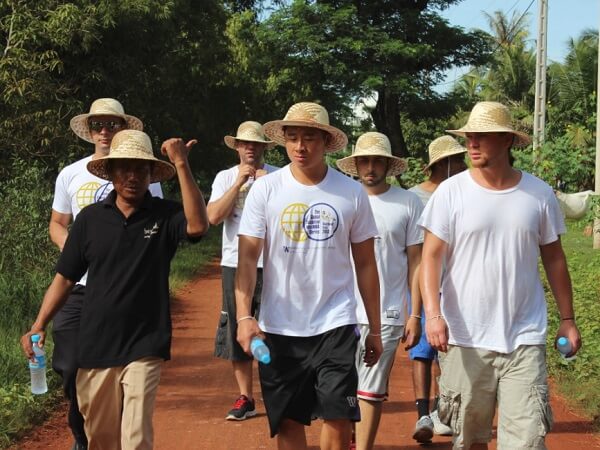
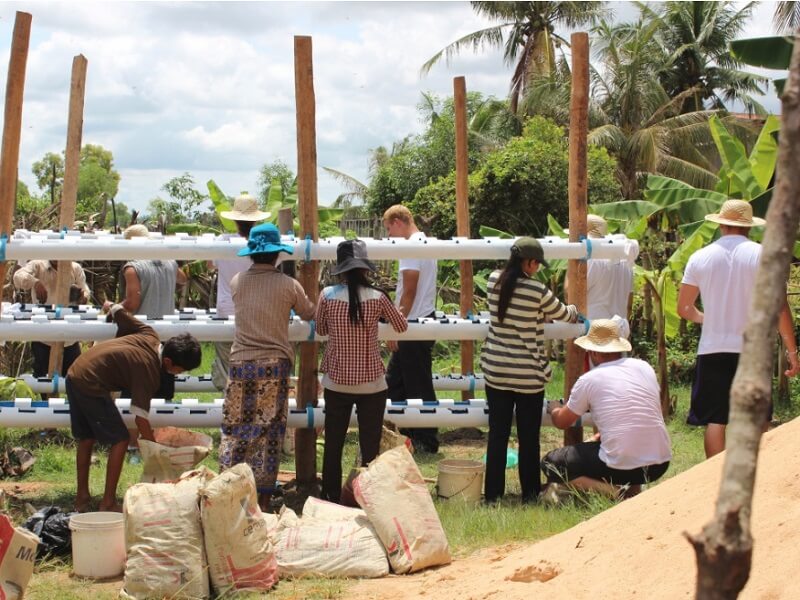
Objectives:
- Students learn about rural village life in Cambodia and some of the challenges that families face
- Students learn about fundraising and charitable giving
- Students learn about communication skills, group dynamics, and leadership
- Students learn about the impact that micro-donations can have on the developing world
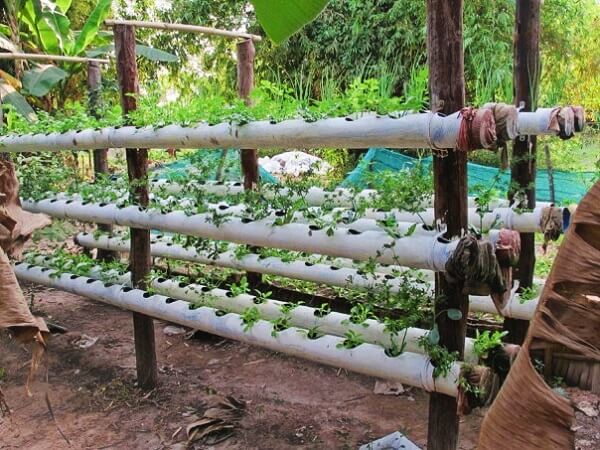
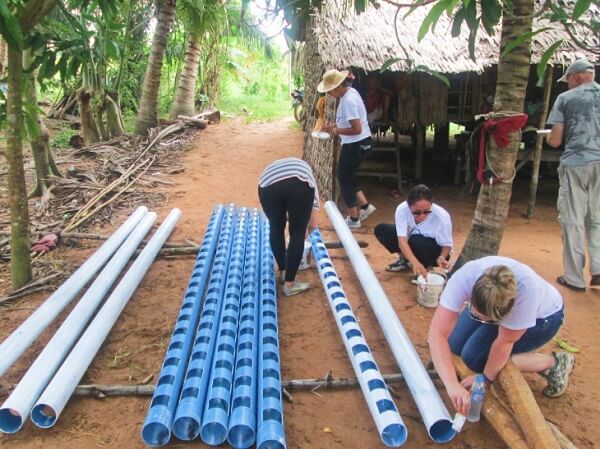
Process
The process steps are as follows:
- The student host organization confirms the size of the group, the dates and the like. Note: It is recommended that no fewer than six students and no more than ten students work together on each garden.
- The Teachers for Tomorrow village coordinator selects the village site and then arranges delivery for all materials to the site ahead of the visit. The village coordinator also arranges for one standby supervisor to be at the site when the groups arrive.
- Teachers for Tomorrow briefs students before leaving the hotel. The brief will cover competition rules, codes of conduct, dress codes, and photography guidelines while in the village.
- The student host organization will arrange for transportation to the site that is typically about twenty minutes outside of Siem Reap. The client will also arrange for substantial amounts of cold water. (The village coordinator can provide if requested.)
- The Teachers for Tomorrow coordinator will explain the exercise one more time while explaining the various materials and tools.
- The students then proceed with the construction of the vertical gardens. Typically, the students can build a vertical garden in about three hours. Sometimes members from the local community will also help build the garden.
- After building the garden, the students can meet and interact with the family on whose behalf they built the garden. This is a great opportunity for the students to understand the positive impact that the garden will have on the family and the surrounding village.
- Prior to departure, the student teams will police the area and ensure that they properly disposed of all debris, water bottles, and everything else.
- The group will proceed back to the hotel for a debriefing that Teachers for Tomorrow coordinator will provide. During this briefing, there will be discussions about teamwork, communication, and other key lessons learned.
Cost:
The cost per garden and activity support depends on the size of the group and the size of the gardens. This includes site selection, coordination with the local village head man, purchase and delivery of materials, pre-departure briefing at the hotel, printed codes of conduct, on-site supervision, and post-program debriefing.
Note: Teachers for Tomorrow will need a lead-time of at least thirty days, as well as an upfront 50 percent deposit at thirty days to order the materials.
For more information about the program arrangement and costs, please contact james@teachersfortomorrow.org
